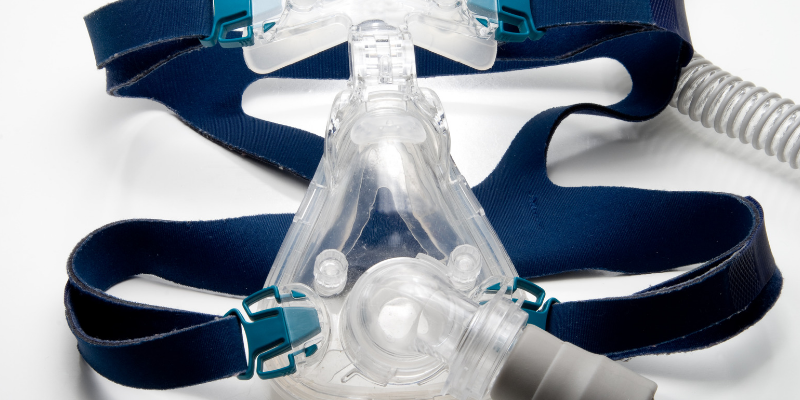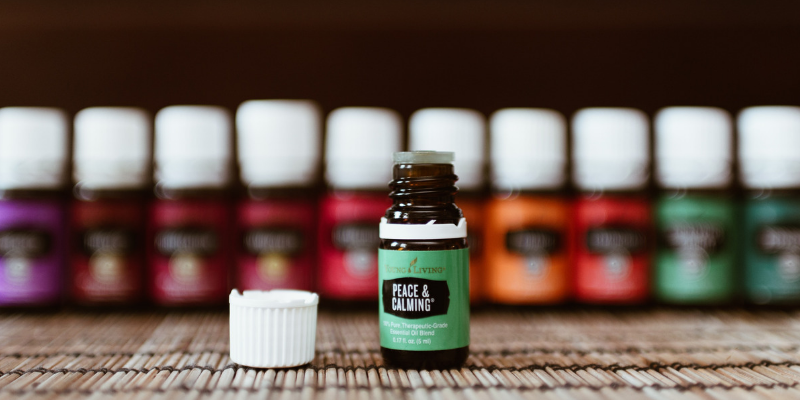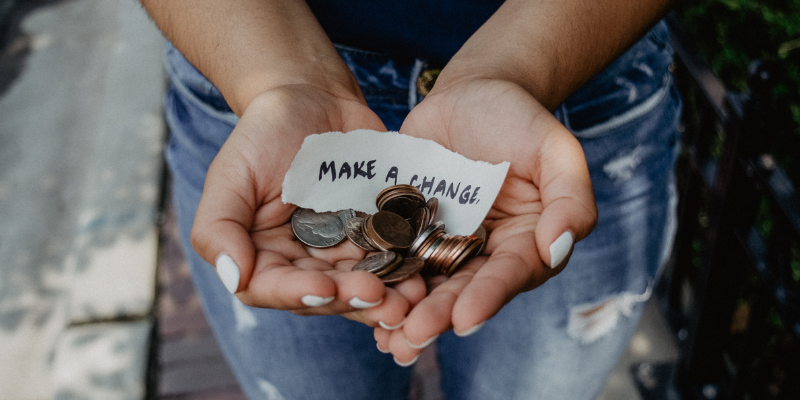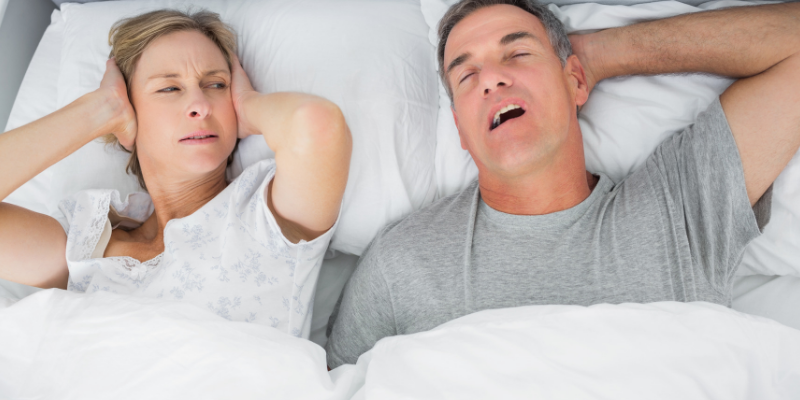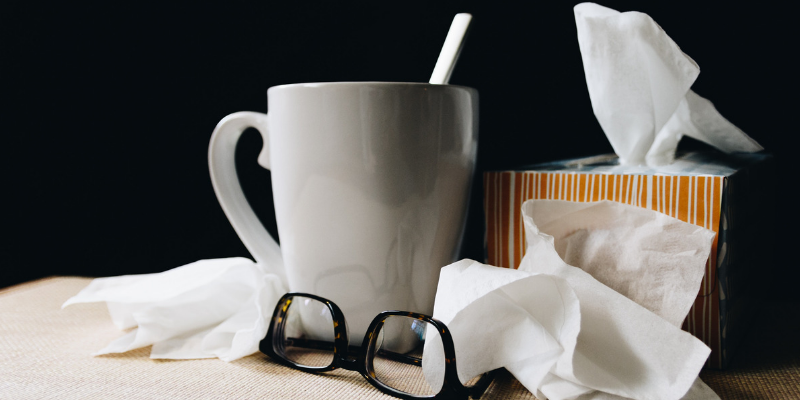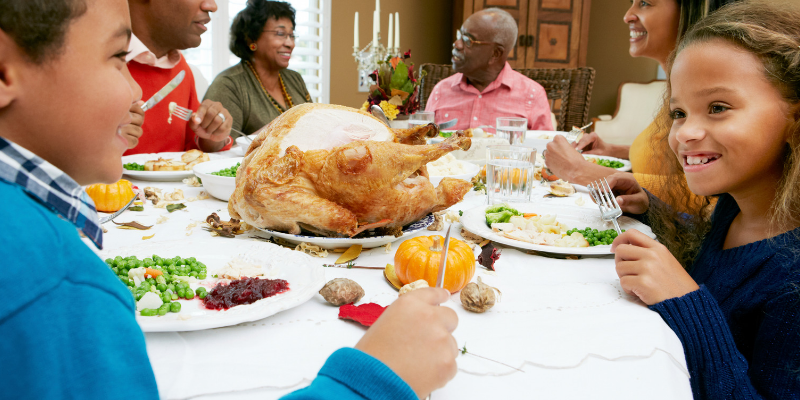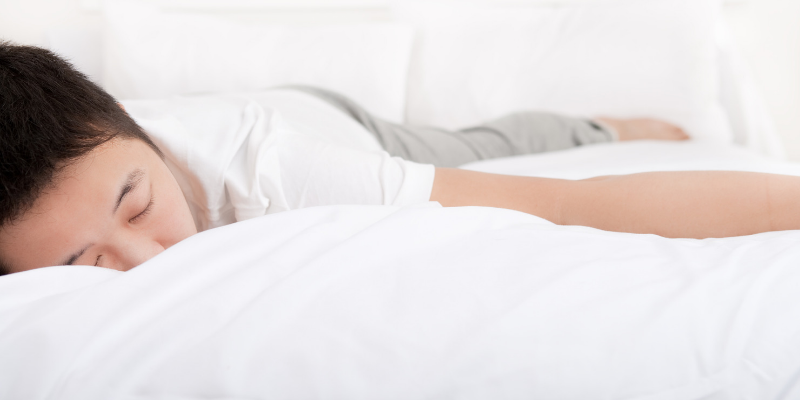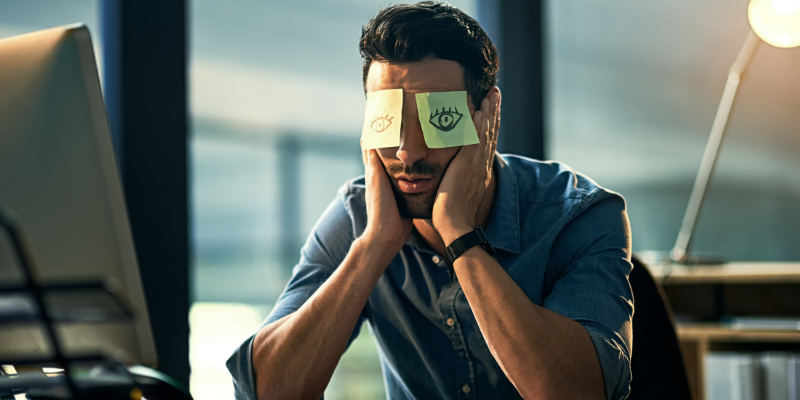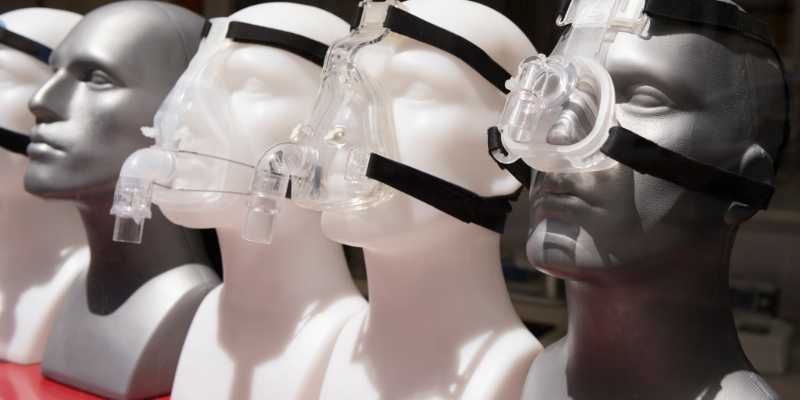
Are you feeling uncomfortable with your new CPAP machine? It’s not uncommon to experience discomfort when you first start CPAP therapy. Here are some of the common complaints about CPAP masks and what you can do about them.
I feel claustrophobic.
It is understandable that those with mild claustrophobia would feel uncomfortable with the mask. After all, you have never had to sleep with anything on your face before and it is a new sensation.
We suggest taking baby steps so you can become so comfortable you hardly notice you are wearing the mask. This is all done by practice. During the day, hold the mask to your face. When you are comfortable with that, add the straps. Keep doing this until wearing the mask becomes second nature to you.
I think I might be allergic to my mask.
Many who experience a reaction think the cause is an allergy to the mask. However, this is not typically the case. Often, this is due to not cleaning the mask. Just as you wash your face every day, you should also wash the mask. Not doing so may cause a rash or breakout on your face.
I just don’t feel comfortable with the forced air.
Experiencing forced air is definitely a new sensation. A solution to this would be to make sure you have a machine that has a “ramp” feature. Turning this feature on will cause the air pressure to slowly increase. This way, when you have fallen asleep it will be at the maximum pressure, instead of a high intensity when you first lay down.
I think it is causing me to have a stuffy nose.
This time of year especially, it is easy to catch a cold or have a stuffy nose. Often, a great solution is a humidifier. The same is true for your machine. Your machine may have a heated humidifier built into it. If it does, be sure to turn this feature on. It should help immensely.
If CPAP mask comfort is an issue for you, CPAPCentral.com is here to help. We have a wide variety to choose from, and our live chat is available from Monday through Friday from 8:30 a.m. to 4:30 p.m., EST.

